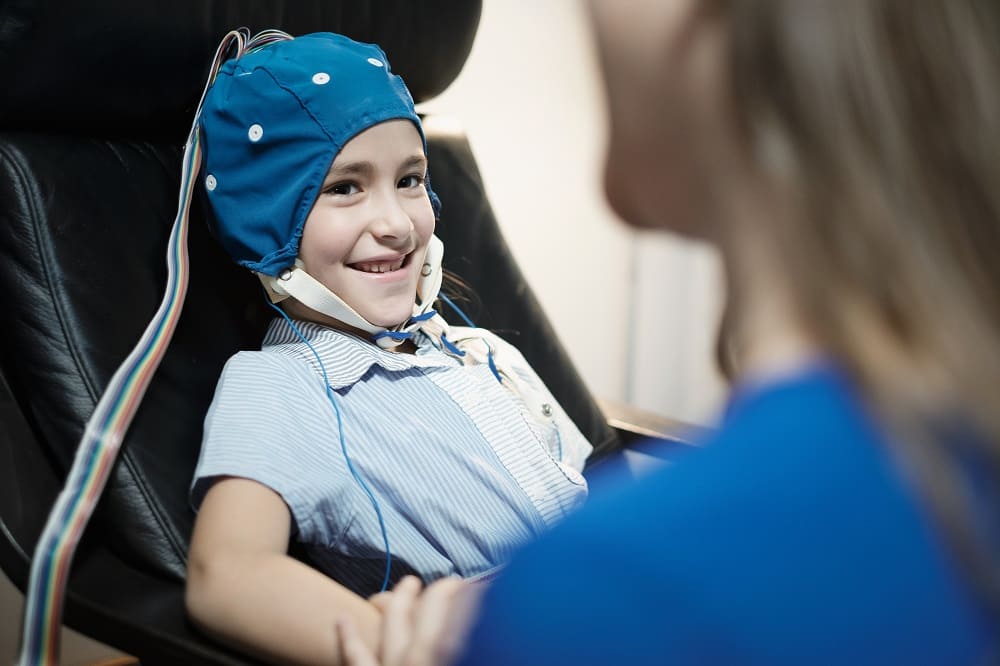Neurofeedback equipment types
Home devices like the Muse are small and lightweight. Most are less than $400. I am still not convinced of the signal quality of these devices. They don’t tend to display a raw signal so it is difficult to tell if there is noise in the signal that would negatively impact the quality of the training. The feedback is based on changes in EEG. If the changes are due to noise and not real EEG, then the reinforcement would not be effective. When I have tried these devices in the past, my experience has been that the feedback is not clearly connected to the changes in my mental states. Other people have given me mixed reviews, some more positive, some negative. There are a few ways that these devices are used. One is for clients who are seeing a professional neurofeedback provider for in office sessions. They use the home device between office sessions. A second use if for virtual training with a professional. The client has the device at home and the professional coaches them virtually. The third use is for non-professionals to use at home on their own without supervision.





